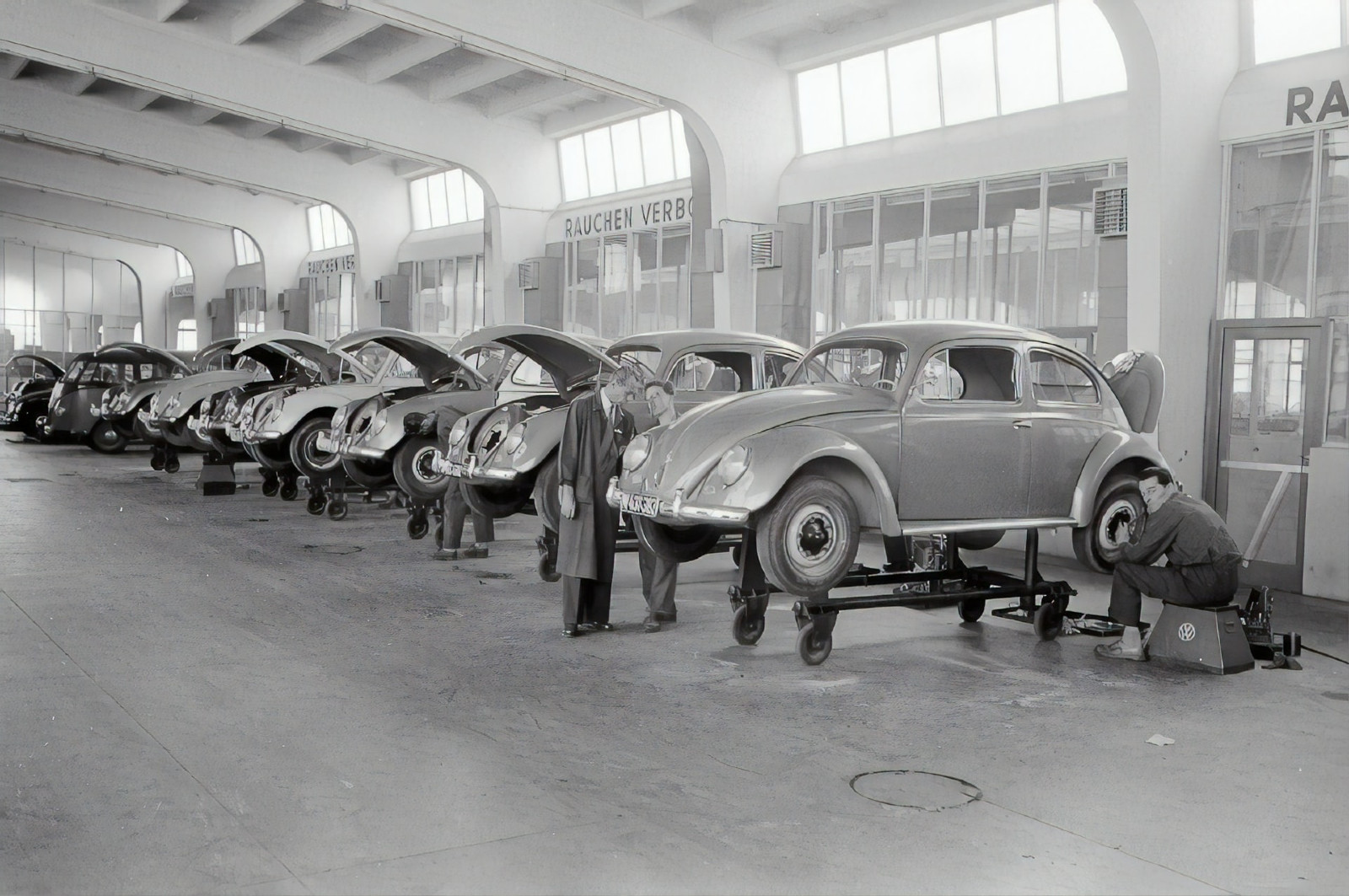Could the auto industry get some much-needed reprieve?

PM Madbouly seeks to reassure automotive players on stymied car imports: Prime Minister Moustafa Madbouly has directed his ministers, the central bank, and the banking sector to coordinate on setting up “a mechanism for the orderly release of car shipments” from ports, according to a cabinet statement. Madbouly’s directive came during a meeting with automotive industry reps, cabinet ministers, and banking officials meant to address supply constraints in the industry, after new import rules created challenges for local car dealers to get shipments through ports.
Measures have been taken to accelerate the release of imported vehicles, Trade and Industry Minister Nevine Gamea said, without providing any details. Industry reps, meanwhile, expressed their thanks to the government, the central bank, and the banking sector for efforts to facilitate imports, adding that they understand “the exceptional circumstances the world is going through, and that this situation is temporary and imposed by the unprecedented current events.”
Finding a balance: The state is keen to find a balance between meeting import needs for basic commodities like food and oil, and “maintaining market movement” for local car companies and dealerships “despite the difficult and unfavorable global economic conditions,” Madbouly said.
Background: Several foreign car manufacturers have suspended sales to Egypt after a change to how imports are paid for left local dealers incapable of purchasing vehicles, industry sources told Enterprise last month, with one estimating that some 29k vehicles are stranded at ports. This followed new rules handed down by the Central Bank of Egypt (CBE) in March requiring importers to use letters of credit (L/Cs) to purchase non-essential goods, instead of documentary collection.
Dire straits: Car sales collapsed almost 20% y-o-y in April for the second consecutive month, as the automotive sector is being buffeted by a multitude of headwinds, including a lack of financing for imports, rising inflation, component shortages and the EGP devaluation in March.